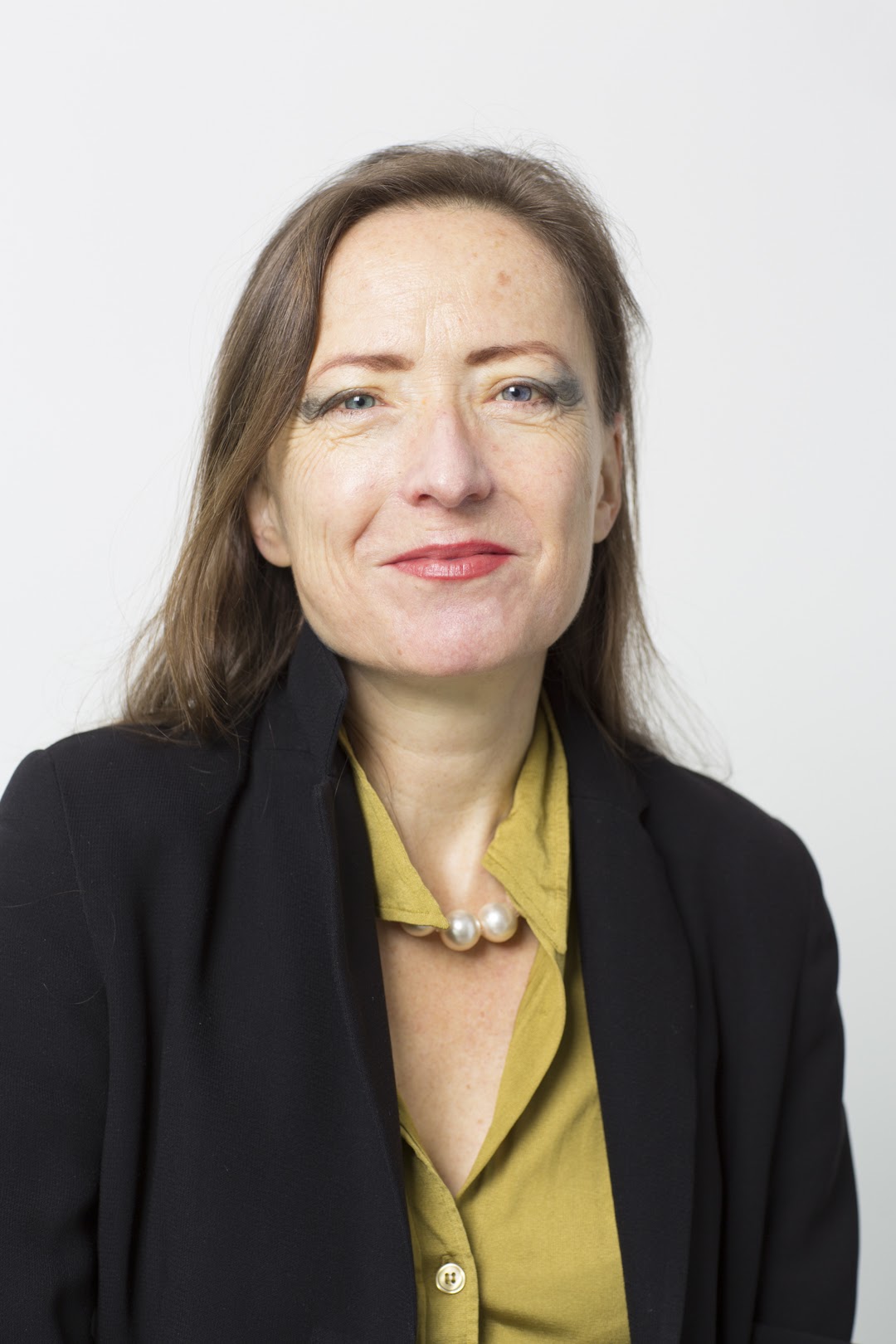Nicole Huber
Associate Professor
Nicole Huber is a licensed architect (Germany), architectural theorist, and historian. She received her degree as Diplom-Ingenieur (M.Arch.) from the Technical University Darmstadt and held a Post-Graduate Research Position at the University of the Arts Berlin. She was a Visiting Scholar at the History, Theory and Criticism Section of the Department of Architecture at the Massachusetts Institute of Technology (2003) and holds a Dr. des. from the Bauhaus University Weimar (summa cum laude, 2006). Before joining the faculty of the UW, she taught architectural and urban history, theory, and design at the University of the Arts Berlin (1996-2001), where she also co-directed the Program for Urban Processes (w/ Ralph Stern, 2001-2004) focusing on the interrelationships between urbanization, globalization, and representation.
Nicole’s research on comparative urbanization processes in Europe and the US has been presented at numerous international conferences; single and co-authored articles have appeared in journals such as the AA Files, Informationen zur Modernen Stadtgeschichte, Journal of Urban History, Topos, Bauwelt, DAMn, Places, and in various anthologies. She has published Urbanizing the Mojave Desert: Las Vegas (Berlin 2008) in conjunction with the exhibition Sites of Transition: Urbanizing the Mojave Desert, displayed at various venues in Germany, the US, and Canada (w/ Ralph Stern). Her book on German conceptualizations of natural environment, national identity, and design education The Architecture of “Sachlichkeit”: Visuality, Nationality and Modernity, 1890-1919, is forthcoming as a German-language edition (Weimar: Bauhaus-University Press).
Her next book project will continue the dialogues conducted by CBE’s Humanities, Histories, and Futures Group: FUTURE VISIONS: Anthropocene & the Environmental Crisis: https://hhf.be.uw.edu/about/. Entitled Architectures of Environment: Towards Post-Anthropo-Scenic Design/Historiography, the book introduces a new methodology of architectural design and historiography presenting post-Anthropocene views of what we term ‘environment,’ literally Post-Anthropo-Scenes. The book will be connected to a website serving as a transmedia portal cross-referencing the FUTURE VISIONS lectures, long table symposia, and design studio projects.
